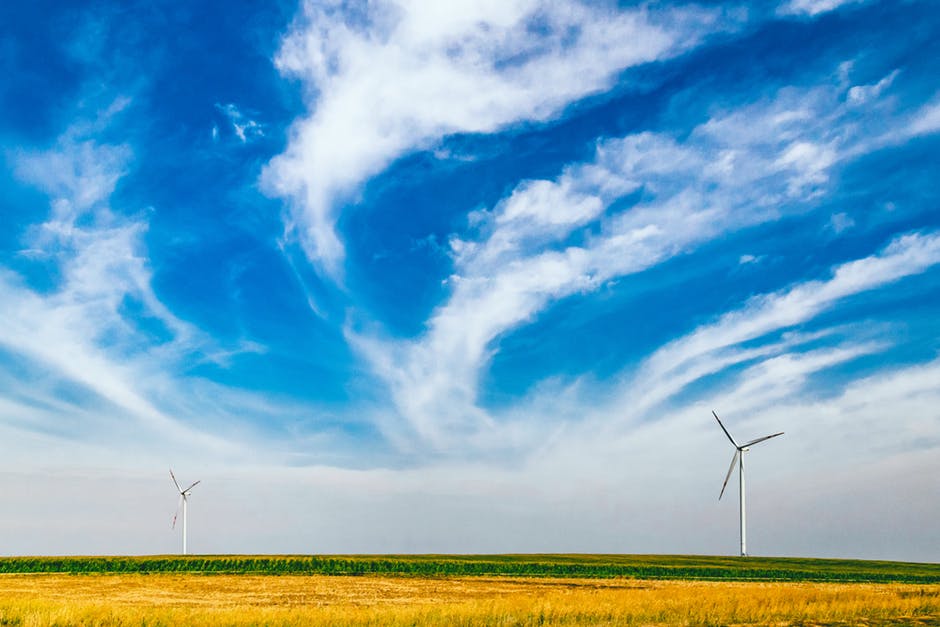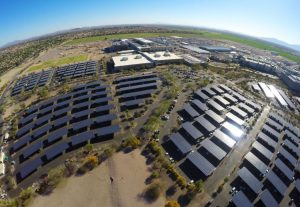Battery Energy Storage Systems (BESS) are one of the pivotal components in powering Net Zero, one application of BESS is allowing the power generated from renewables such as wind and solar photovoltaic (PV) to be stored until it’s needed.
This helps to minimise the amount of renewable energy generated in favourable conditions going to waste due to a lack of storage capacity – aiding the transition from non-renewable energy sources.
The intermittency of renewable energy means energy generation can fluctuate significantly – particularly during periods of low wind or high cloud. By storing the renewable energy generated during favourable conditions, BESS can help to counteract these periods of intermittency.
Benefits of battery energy storage systems in a hybrid setup
Additionally, BESS can offer benefits in hybrid setups (a lithium-ion BESS working in synergy with a generator), where non-renewable energy sources are the primary source of power generation. They can help to reduce CO2. and noise emissions by acting as a supplementary power source on sites where diesel generators are present. With less carbon emitted into the atmosphere, the environmental impact of operation is lessened.
The quiet run state of BESS makes them practical for sites that need to adhere to strict noise regulations, while lessened emissions make the technology ideal for ultra-low emission zones. The systems can help organisations remain regulatory compliant and make operational steps towards Net Zero. Reduced generator runtime also means lower fuel consumption – which can positively impact OpEx in the long term.
Read more: airqualitynews




